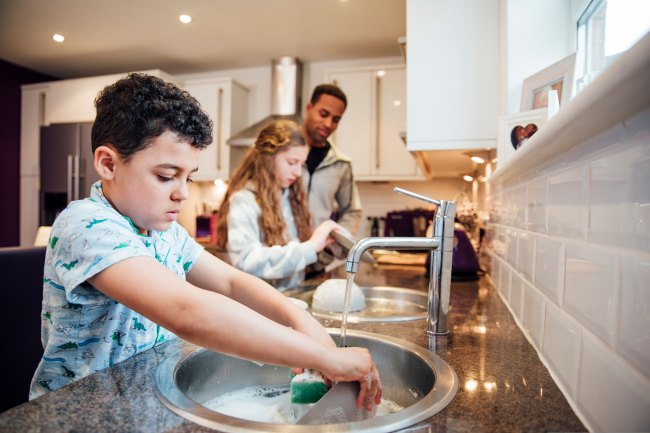News
Wet wipes on beaches
The Marine Conservation Society report on wet wipes on beaches reveals the problems with wipes and other sanitary products being flushed down the loo.
According to the latesst MCS Beachwatch report, the number of used wet wipes littering UK beaches has increased by 50% in the past year because many people put them down the toilet instead of in the bin.
It is vital that customers remember that only natural waste and toilet paper should be flushed away.
There are many so-called 'flushable' products like wipes on the market. Their packaging and advertising often suggest that it's possible to flush them away. They will pass through a toilet but often end up causing blockages further down the sewer line. What's more such products can take years to disintegrate. They may also be discharged into the environment via storm overflows at times of very heavy rainfall.
More than half (55%) of sewer flooding is caused by blockages in sewers and drains, leading to flooding and pollution.
The national cost of unblocking the sewers maintained by the water and sewerage companies already runs to £15 million a year. Then there is the cost to residents of cleaning up after a blocked sewer or drain.
There is a voluntary test that sanitary manufacturers can use to establish whether their product is truly flushable. The SNAP protocol can determine whether or not an individual sanitary or hygiene product is suitable for foul drain and sewer disposal via the toilet.
The water industry does not accept that a product is flushable unless it is compliant with the tests described within this protocol, and we are working with manufacturers to further develop this voluntary code.
The overall aim is to reduce the burden of sewer blockages and associated costs, to protect homes and the environment from used personal products and sewage waste, and to ensure that all waste is dealt with in its proper place.
Wet wipe litter: 'Only flush poo, pee and paper'
Director of Environment Sarah Mukherjee spoke to the BBC
Caring about waste
Get the facts on how we need to protect our water from the unsuitable waste that reaches our sewers




